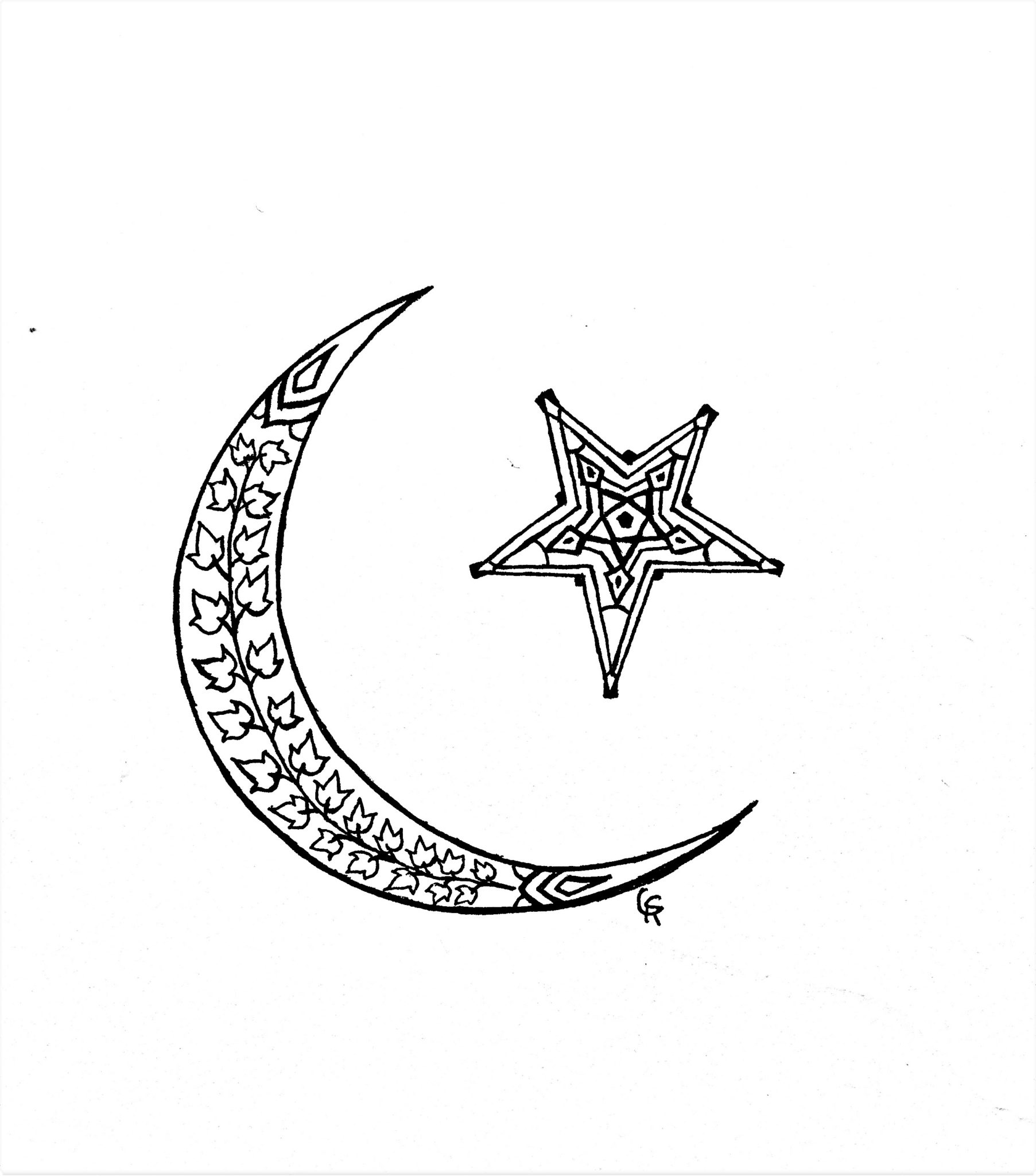
A former senior advisor for technology at the U.S. Department of State. The co-founder of the first Muslim college in the United States. A religious convert who had gone from singing orchestra to Islamic nasheeds. A mental and physical health advocate rewarded by the White House for Affordable Care Act outreach. On Friday evening this group of Muslims gathered in St. Thomas More, Yale’s Catholic Church, where they and over a hundred students dined on Subway sandwiches. If the Ivy Muslims Conference sounds unusual, it’s probably because it is.
The IMC is an annual conference that brings together Muslim students from across the Ivy League for two nights of spiritual and intellectual discussion with prominent Muslim personalities and with each other. But going into its seventh iteration, I couldn’t help but feel a deep-rooted sense of exhaustion. These days, conversation about Islam in the United States often veers into conversations about Donald Trump, even in Muslim circles. He no longer needs to worry about plastering his names on buildings; he’s already done it to an era. I expected his name to define much of the coming conversations.
“How am I going to bring about positivity by focusing on people’s negativity?”
-Khaled Siddique, Muslim nasheed artist
The genius of Trump’s attacks on Muslims is that they force responses that, though positive, are formulated by the terms he dictates. He is always in control of the conversation. Muslims are terrorists; no, they’re peace-loving. Muslims are unpatriotic; no, they serve in the army. Muslim women are oppressed; no, they’re empowered. For all the electric variety of Trump’s insinuations (and they are always insinuations, too obvious to miss and too subtle to condemn), they all ultimately orbit the same nucleus of xenophobic paranoia. The rebuttals are as shallow as the assertions; the caricature of the “foreign terrorist” is switched out for the caricature of the “pacifist assimilationist.” Both are labels as meaningless as they are crude, and the dichotomy that they construct drains a 1,400-year-old religion, and its followers, of all complexity.
But while Trump’s name hung over the conference, it did not define it. Shahed Amanullah and Khadija Gurnah discussed career orientation and community engagement in the professionals panel. Khaled Siddique traced his journey to Islam and how it molded the music he produces. And Imam Zaid Shakir, taking a spiritual angle, talked about love and altruism. Trump was relevant insofar as he represented broader trends in the global political landscape. But we were not here to talk about him. We were not here to understand the phenomenon of his rise. We were here to understand ourselves. The IMC is meant to invite its small number of participants, barely 200 Muslim students, to deeply reflect on themselves. The conference focuses and crystallizes debate that is intrafaith rather than interfaith.
“The rest of America is rising up in support of Muslims. Do you see that? Do you feel like that?”
-Khadija Gurnah, health activist
And there are important questions with which Muslims grapple, the ones so often hidden from the public view, that expose the community’s rifts and vulnerabilities. They were the questions that underpinned the conference’s dialogue. What does it mean, sixteen years after 9/11, that political parties champion Muslim parents at national conventions and that Muslim rights are the rallying cries for thousands of protests? What does it mean that hate crimes against Muslims are on the rise? What does it mean that the chasm between the religious right and the Muslim community is still so wide? What does it mean, ethically, for Muslims to engage with a government, and within a system, that has put the period at the end of thousands of Muslim lives? What does it mean, and what do we do about it?
“No [Muslim] should ever walk into a room saying, I represent the Muslim community. Anyone who does that should not be in that room.”
-Shahed Amanullah, co-founder of Affinis Labs
Ironically, it’s when a conference brings together Muslims in this manner that their differences are highlighted, that the vibrancy and the complexity of Islam reveals itself. It revealed itself in the the nervous laughter that greeted Siddique’s attempt to gingerly navigate the controversial terrain of music’s place in Islam. It revealed itself in the debates between the liberals and the conservatives, the indigenous and the immigrants. The Muslim versions.
“We share the same faith. As Muslims we have a spiritual history that transcends our various national histories. We have to greet one another, because that helps us break down the emotional barriers we erect around ourselves.”
-Zaid Shakir, co-founder of Zaytuna College
And it revealed itself in the silence as Imam Shakir, his voice breaking, recounted the instances of hatred he’d witnessed between Muslims. But it was also the love reflected in that grief that captured the hope of unity represented by an event like the IMC. The hope in talking with a new Cornell friend about his membership in the nation’s first Muslim fraternity. The hope in making a new Egyptian friend without fracturing over politics. The hope in the eagerness with which these students, most of whom were strangers, greeted one another. And though he directed his words to the Muslim American community, Imam Shakir might very well have been speaking to a nation of 300 million.
“We have to get back to loving one another, because [otherwise] we’ll be so fragmented, so alienated, so bitter at each other, that there won’t be a foundation to come together in meaningful ways to do significant things.”
Contact Ahmed Elbenni at
ahmed.elbenni@yale.edu .







